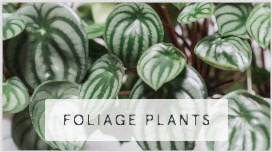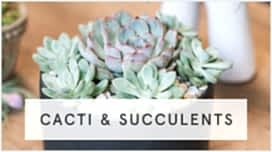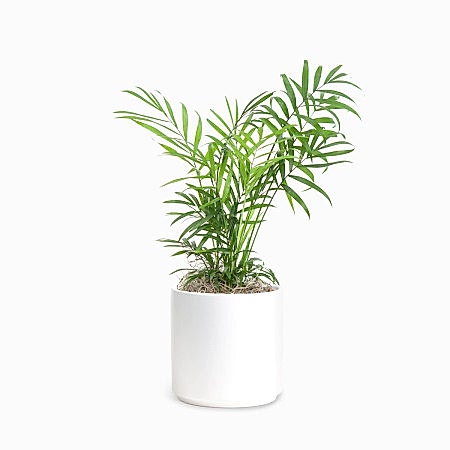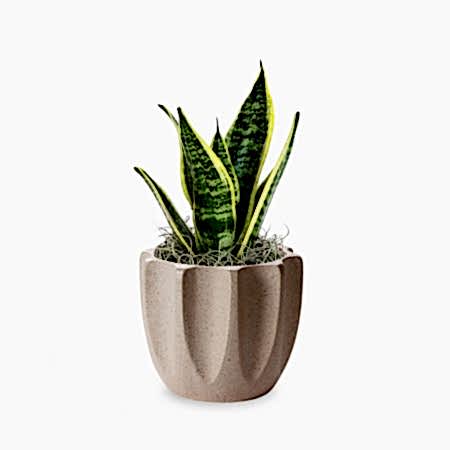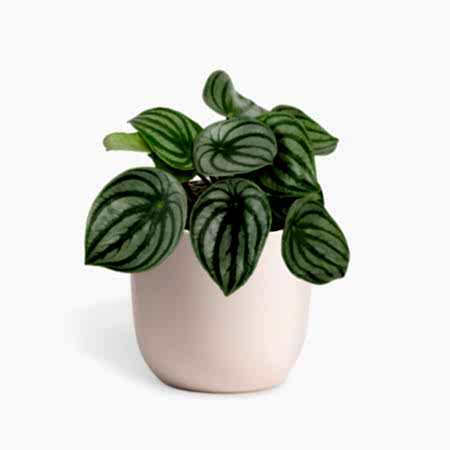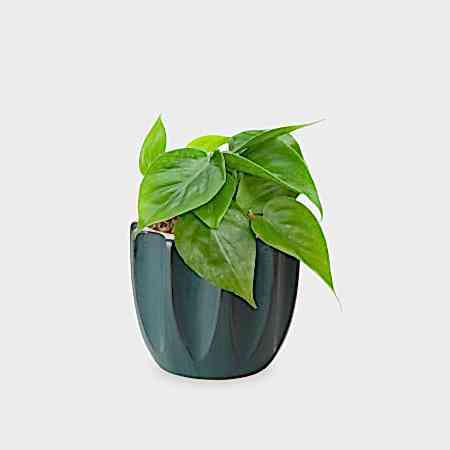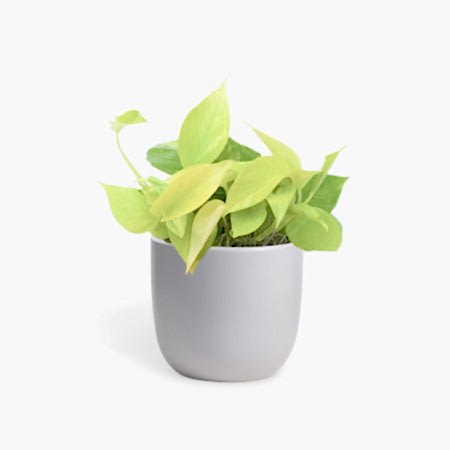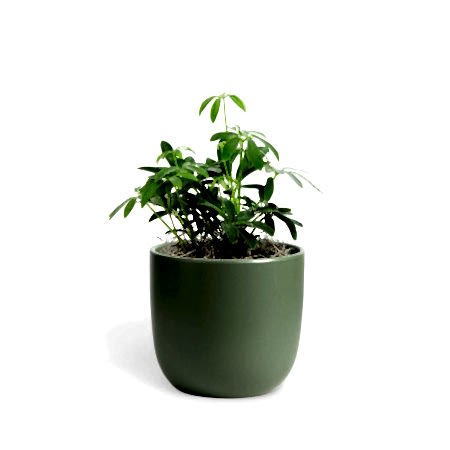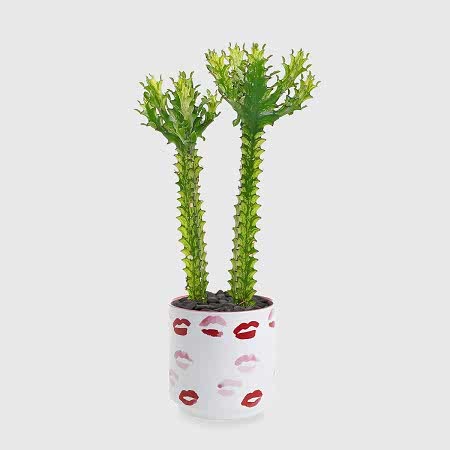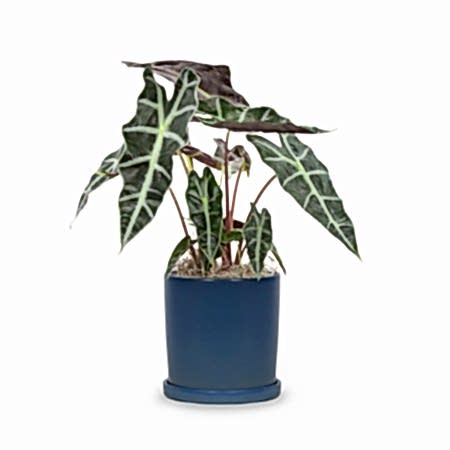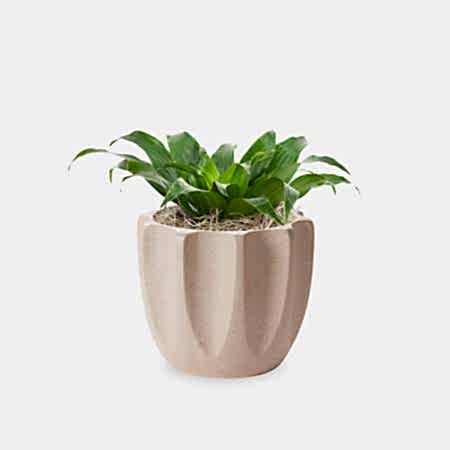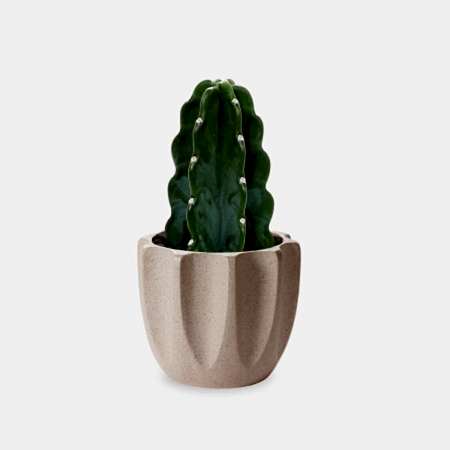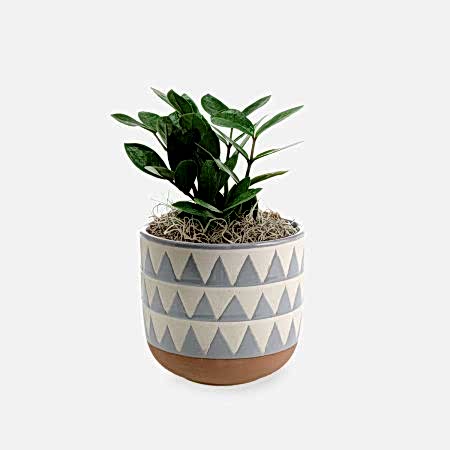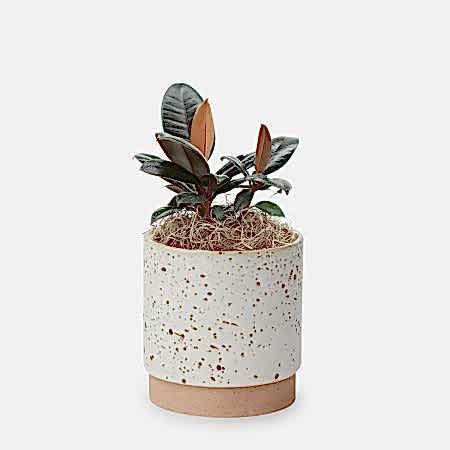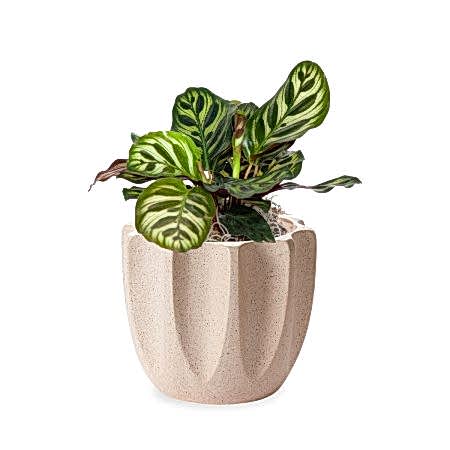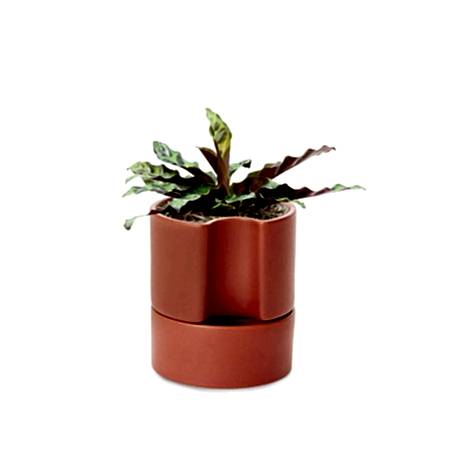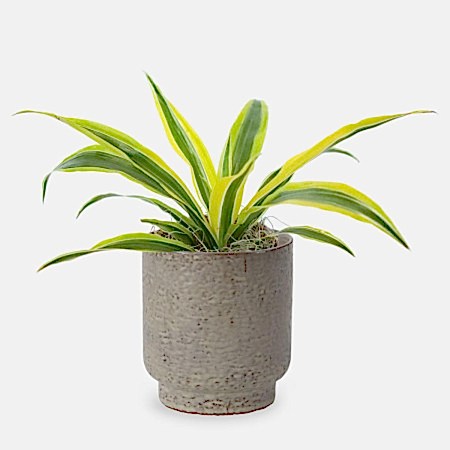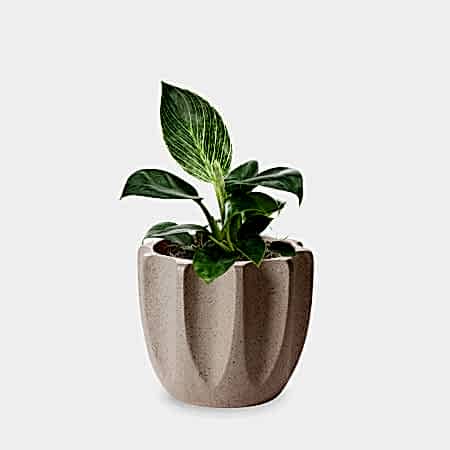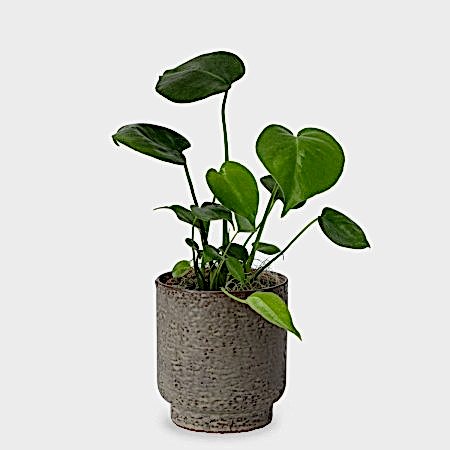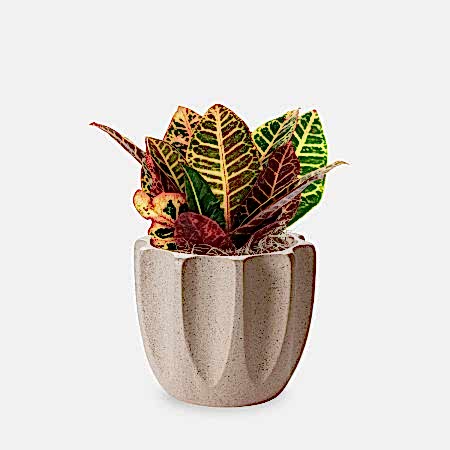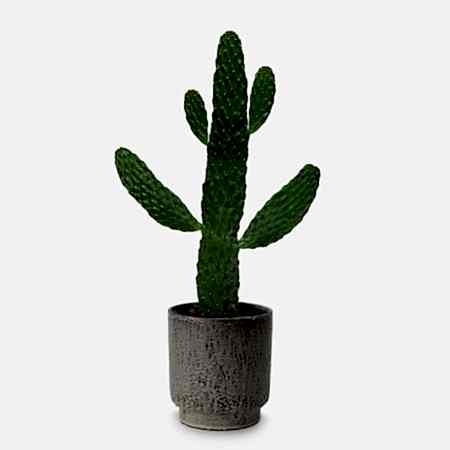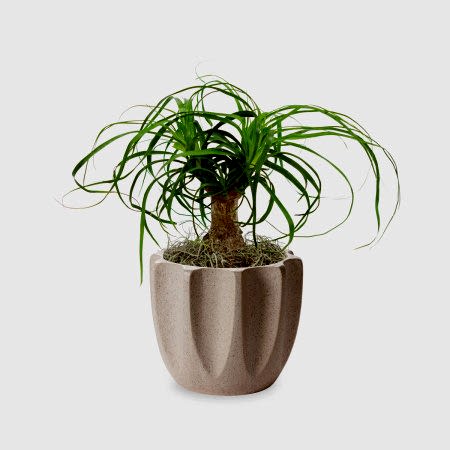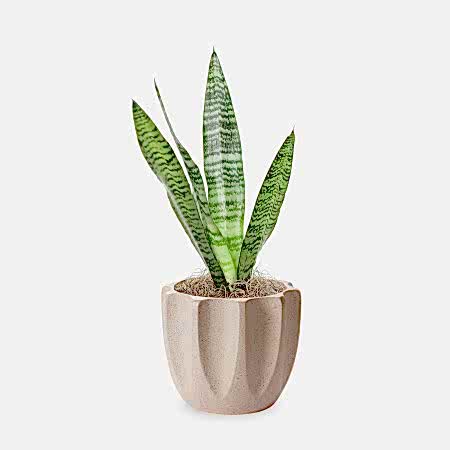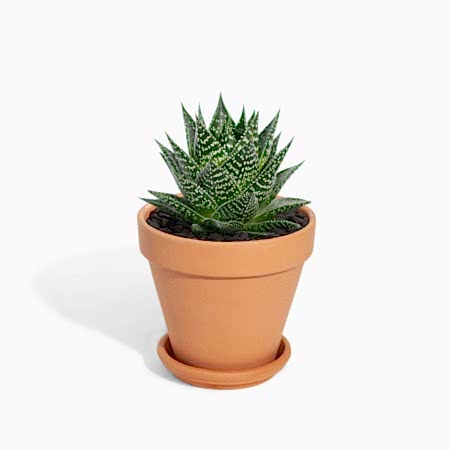The PlantShed Experience

Crafted and produced by our skilled professionals

Wrapped with care for a memorable impression

Hand-delivered at your chosen time and date
Drooping Prickly Pear Cactus - Piccolo
Opuntia monacantha[ Pot Size: 5'' | Height: 8'' - 12'' ]
The Drooping Prickly Pear, scientifically known as Opuntia monacantha, is a unique and striking cactus species known for its compact and abundant growth. This cactus is native to South America but is also cultivated in various regions around the world. It's prized for its unique appearance and low-maintenance care requirements.
Plants make great gifts for any occasion. Send some green with PlantShed, hand-delivered to NYC + NJ, 7 days a week.
- Geographic Origin: The Americas
- Features: Low Maintenance
- Growth Rate: Slow
- Great For: Bright Sunlight
Plant Care Guide
Light
Provide your Opuntia monacantha with full sunlight for at least 6 hours a day. These cacti thrive in bright, direct sunlight and can tolerate intense sun exposure.
Water
Opuntia monacantha is drought-tolerant and prefers dry conditions. Water sparingly and allow the soil to dry out completely between waterings. Reduce watering during the dormant winter period.
Level of Care
Easy! Just place in bright sunlight and don't overwater.
Air Purifying
Opuntias remove toxins that can build up in indoor spaces. A general rule of thumb is 1 medium houseplant per 100 square feet of space effectively cleans the air we breathe.
Fertilizer
Feed your cactus with a diluted, balanced cactus or succulent fertilizer every 4-6 weeks during the growing season (spring through early autumn). Avoid fertilizing during the dormant winter months.
Temperature
This cactus prefers warm to hot temperatures during the growing season (spring through summer). Protect it from freezing temperatures and frost during the winter months.
Soil
Plant your cactus in a well-draining cactus or succulent potting mix. A mix with added sand or perlite can improve drainage.
Pruning & Propagation
Prune any dead or damaged pads as needed to maintain the plant's appearance and health.
Pet Friendly
Sorry! While Opuntias are non-toxic if consumed, some have spines or barbed bristles that can still cause harm to pets.






